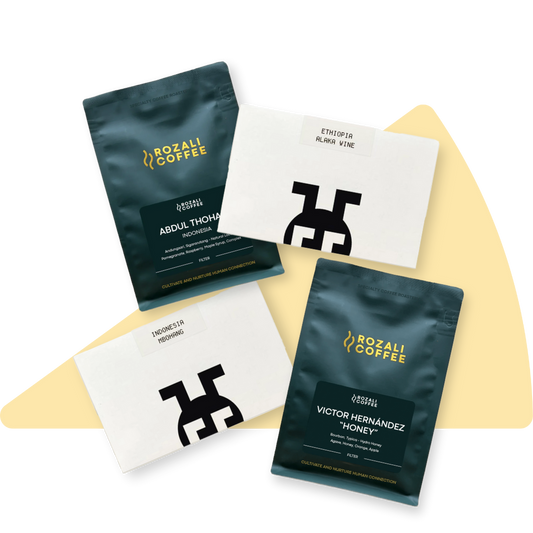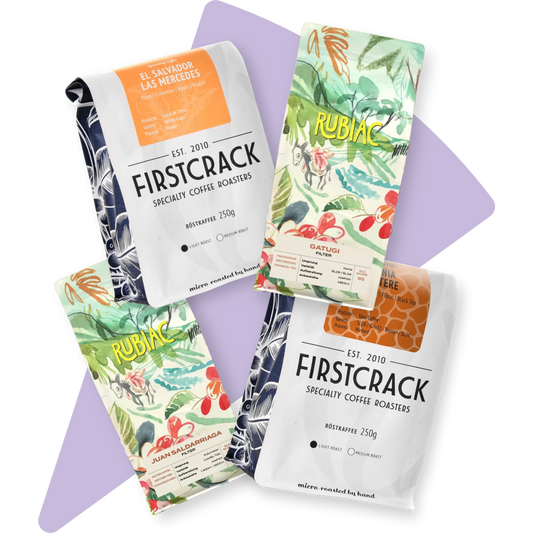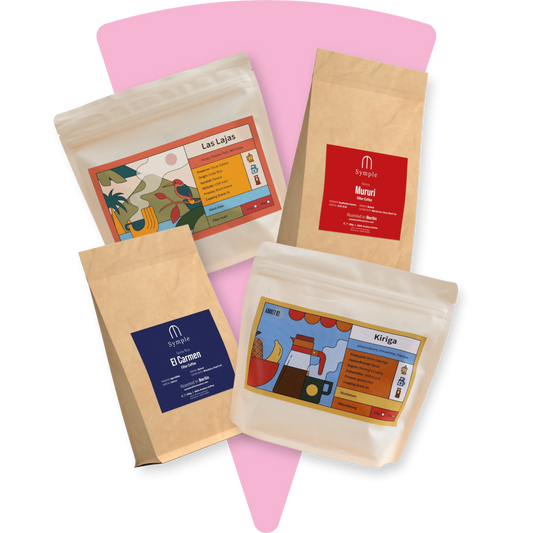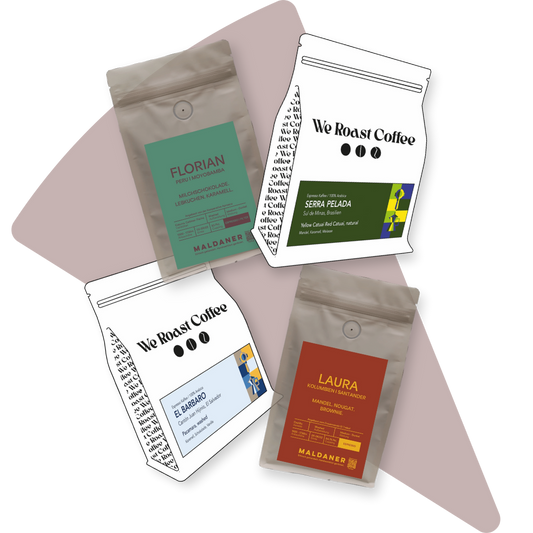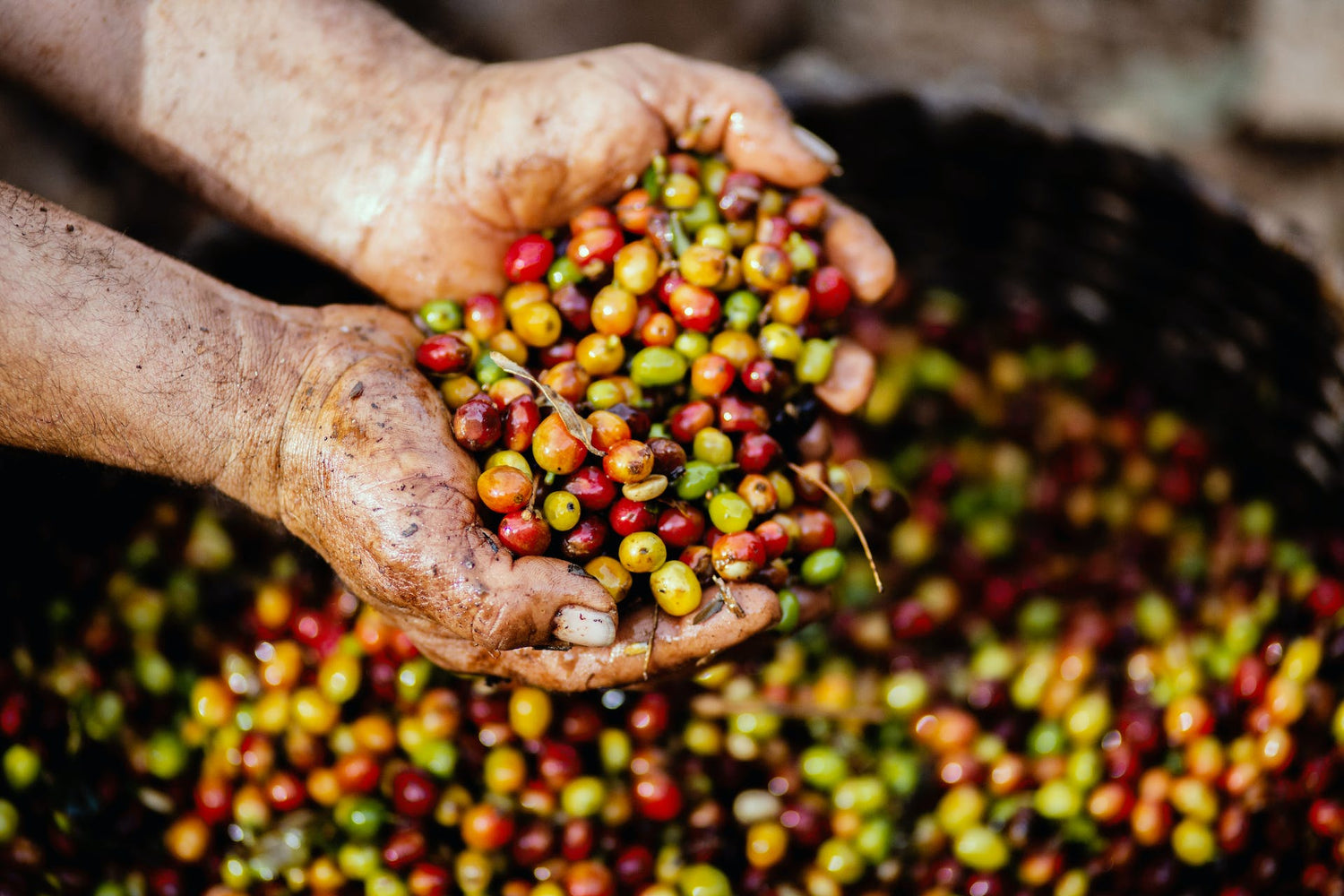
Fairtrade coffee: enjoyment with a clear conscience
Do you love your morning coffee and want to make sure it was produced under fair conditions? Then you are exactly right here. Direct trade and fair trade coffee not only provide your morning energy boost, but also have positive effects for coffee farmers worldwide. We'll show you why this coffee is a good choice and why you can enjoy it with a clear conscience.
Background information on growing Fairtrade coffee
Coffee is not just a popular drink. It is a cultural asset, a commercial product and the basis of life for millions of people worldwide. But behind the seemingly endless variety of coffee varieties lie profound challenges that coffee farmers face every day. Unpredictable weather conditions due to climate change, fluctuating coffee prices and the constant pressure to produce as cost-effectively as possible make growing coffee no easy task.
Fairtrade enters this reality as an instrument of change. The organization advocates for fairer conditions in international trade, particularly in coffee cultivation. Through fair pay and improved working conditions, Fairtrade enables farmers to sustainably improve their living conditions.
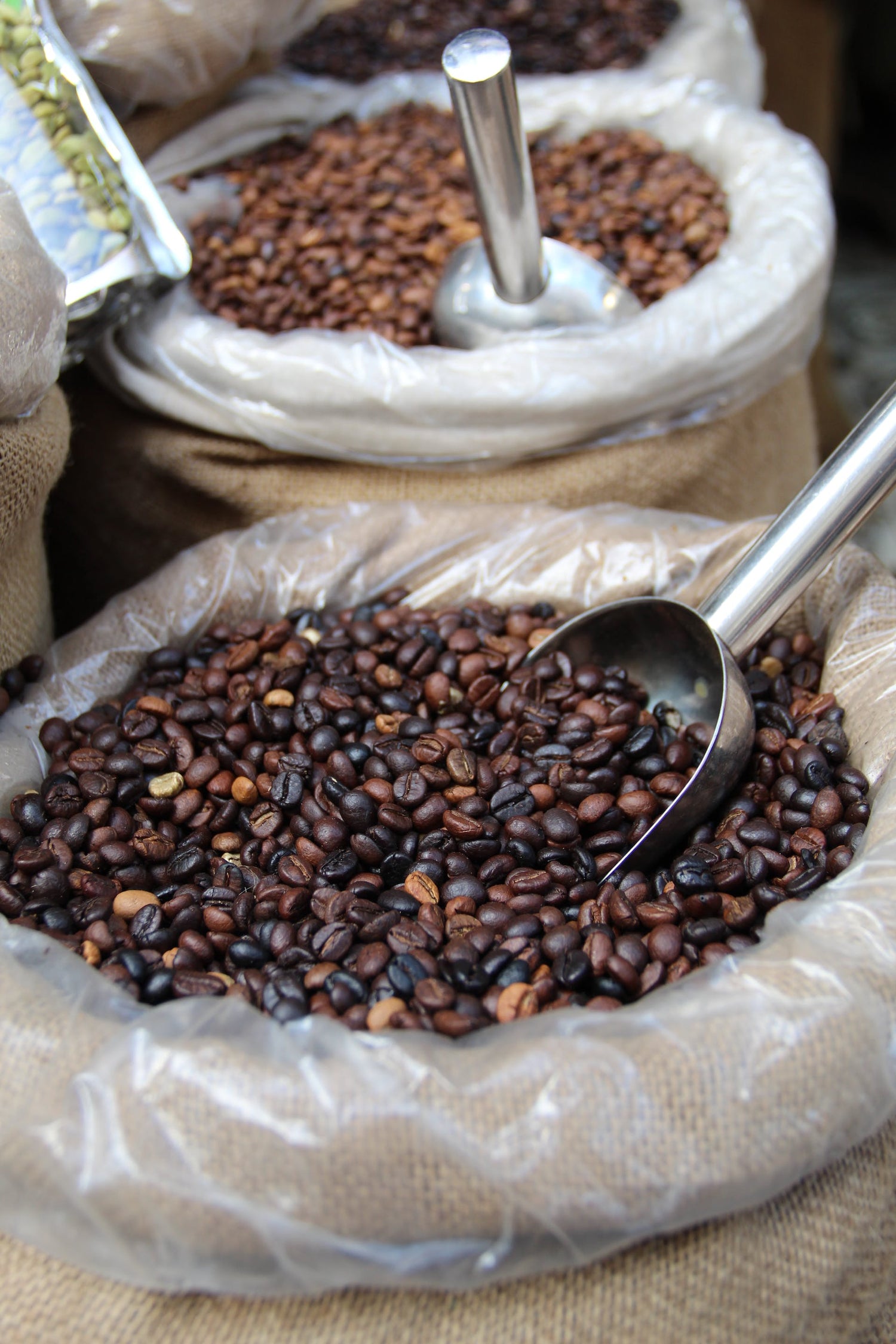
Fairtrade certification and standards
To ensure that the coffee you buy is truly fair trade, there is Fairtrade certification. The small green-blue seal on the packaging is your guarantee that the coffee meets the strict Fairtrade standards. These standards not only include fair wages and improved working conditions, but also offer farmers access to advice and credit. The transparency and traceability of Fairtrade coffees ensure that you know exactly where your coffee comes from and under what conditions it was grown.
In Germany, the registered association TransFair awards the Fairtrade seal. As part of the global Fairtrade International network, TransFair only awards products that are either made entirely or largely from Fairtrade certified raw materials. The Fairtrade seal on coffee guarantees that the pack only contains coffee according to Fairtrade standards.
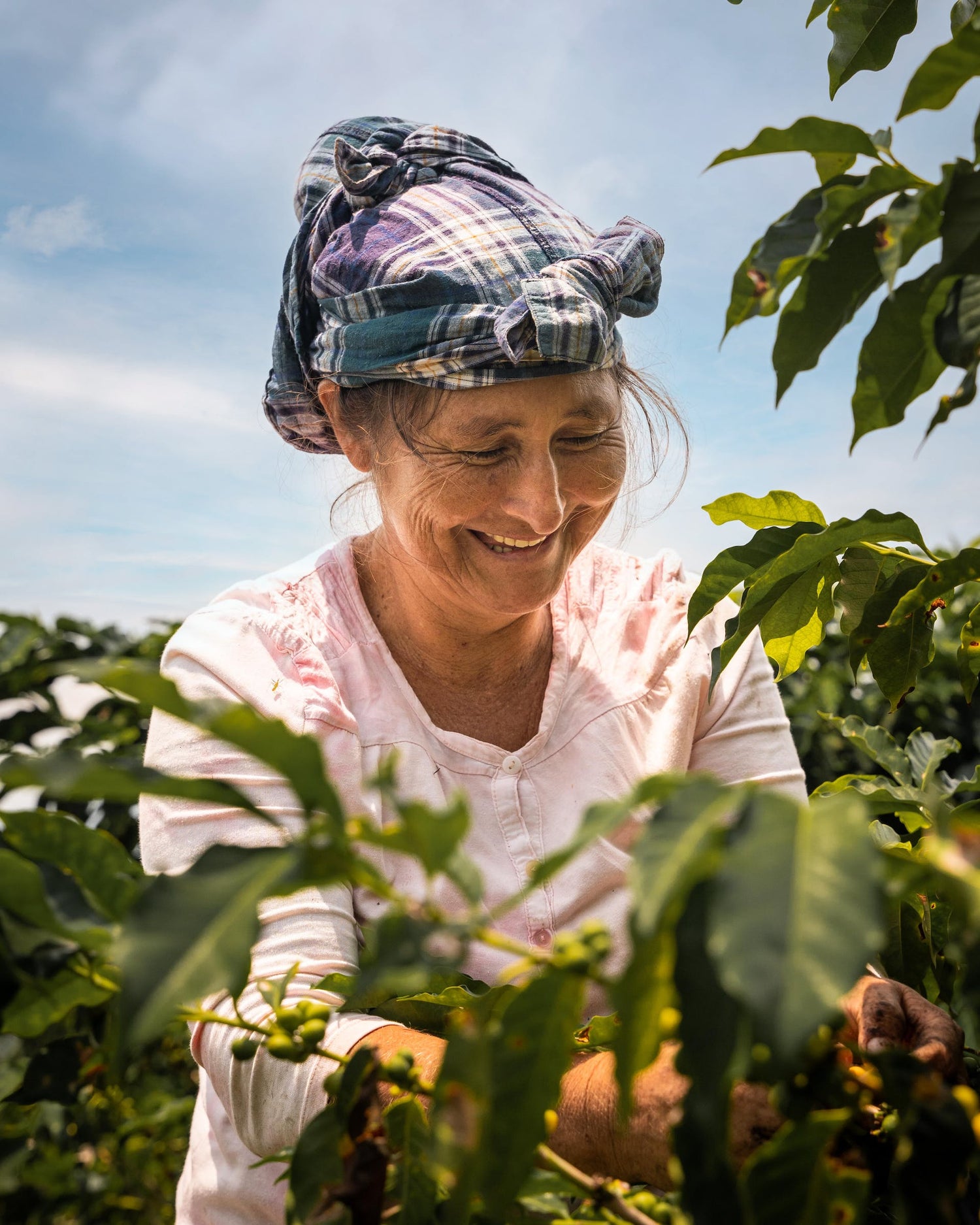
What advantages do farmers benefit from from Fairtrade coffee?
Fairtrade certified companies benefit from a variety of advantages:
- More influence and say
- Exchange with other companies
- Stable income thanks to Fairtrade minimum prices
- Improved conditions for supplier companies
- Further education and training
- Financial support for future-proof adaptations
- Simplified access to credit and capital
- Rewards
In return, they commit to complying with certain standards:
- No child labor or forced labor
- Limit sustainable farming methods and fertilizers
- Mergers in democratically organized cooperatives
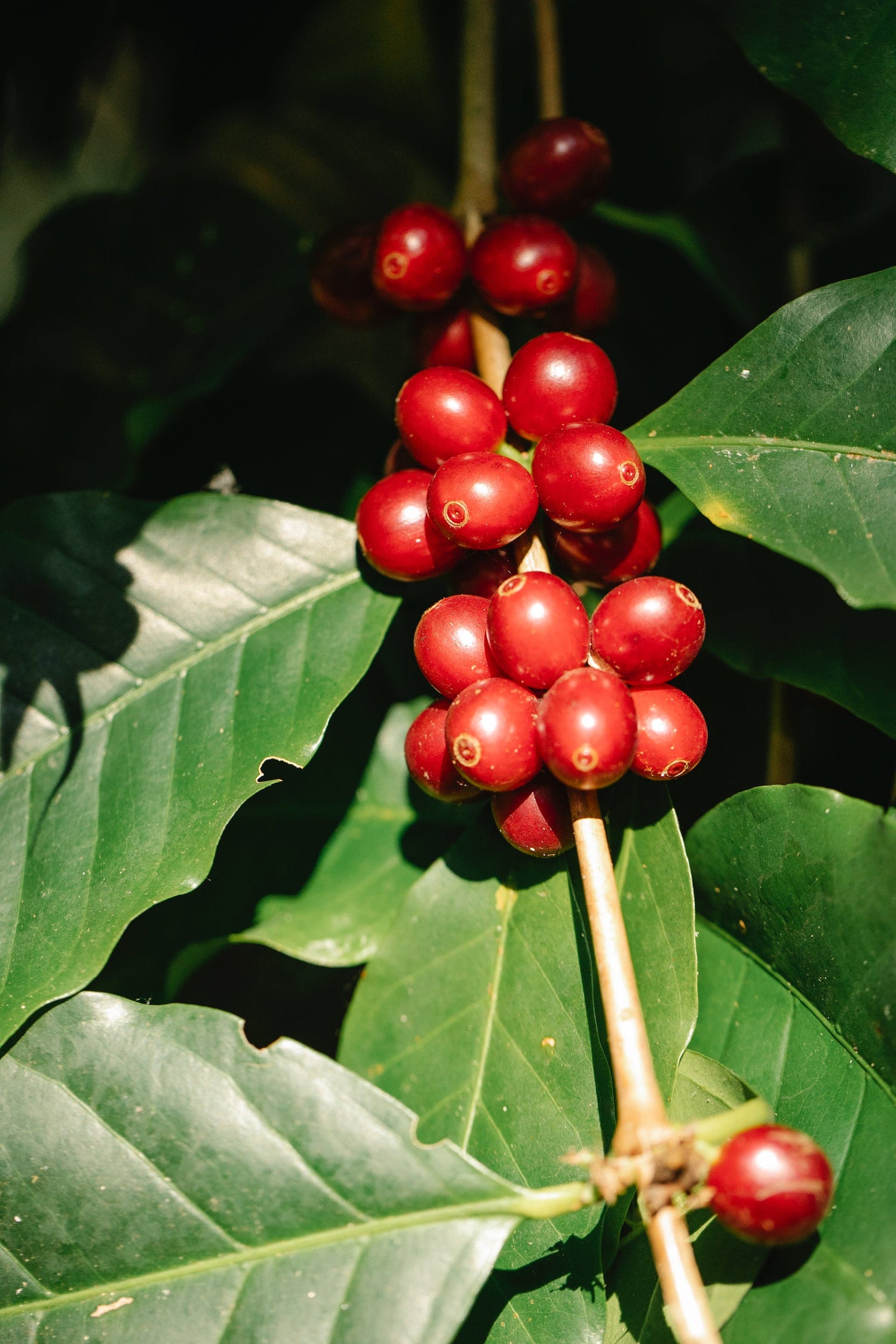
Direct Trade vs. Fairtrade Coffee: What's the Difference?
Both Fairtrade and Direct Trade aim to create fair conditions for coffee producers in developing countries. The main difference between the two approaches lies in their approach to trading practices and certifications. While Fairtrade is an established certification system that sets certain standards for social, ecological and economic aspects, Direct Trade focuses on the direct relationship between companies and producers and completely avoids intermediaries.
To achieve this, roasting companies work with local farmers or cooperatives. These direct relationships enable even greater transparency regarding prices, production conditions and quality standards. In contrast to Fairtrade, there are no fixed minimum prices, but pricing is flexibly determined through negotiations. However, the prices are often well above the usual market prices and Fairtrade minimum prices.
Another difference is that direct trade often places a greater focus on product quality and sustainable farming practices. Roasteries that follow the direct trade approach deal more intensively with local conditions and can react more flexibly to individual circumstances.
However, unlike Fairtrade, Direct Trade is not an official seal of quality. Rather, it is a voluntary commitment by the roasters and coffee farmers from which both parties benefit.
By the way, most of our coffees on 60beans meet the direct trade standard. With your purchase you are not only doing something good for yourself, but also for the people who produce your coffee.
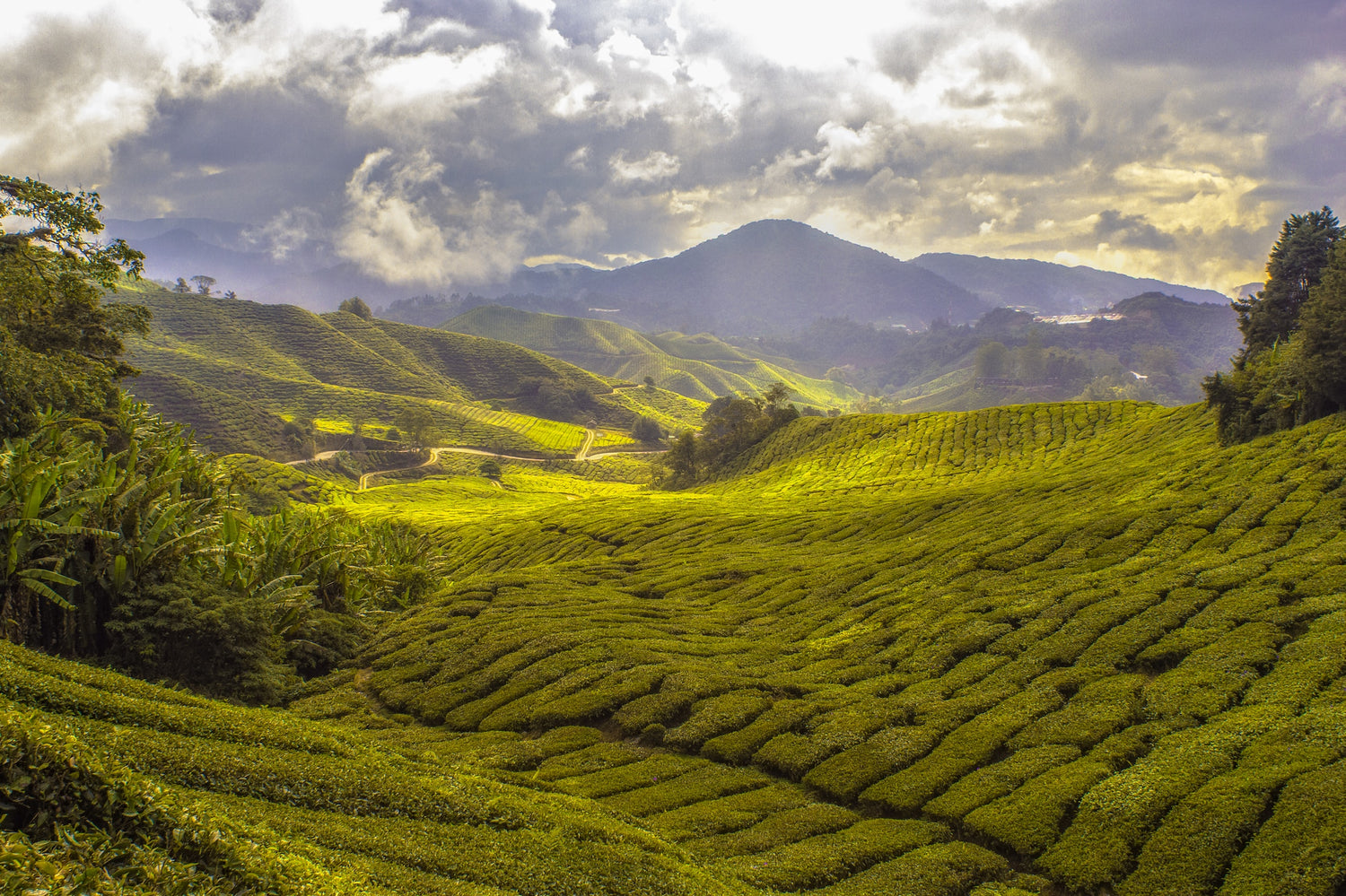
Where is Fairtrade coffee grown?
Direct trade and fair trade coffee is grown in all parts of the world and is not limited to a specific region. Most coffee is grown in the so-called “coffee belt” around the equator, where the climate is ideal for growing coffee . The largest coffee growing and exporting countries include Ethiopia , Brazil and Indonesia .
Currently, over 730,000 small farmers on an impressive total area of one million hectares are certified by Fairtrade - and the movement is growing. Overall, however, all Fairtrade certified companies only account for two percent of global coffee exports. A particular focus is on Latin America and the Caribbean, where around three quarters of all Fairtrade coffee revenues come from. It is also impressive that almost every type of espresso or coffee from the most diverse growing regions in the world is now also available as Fairtrade coffee.
Why should you choose direct trade or fair trade coffee?
If you buy direct trade or fair trade coffee, it has a positive impact in many areas. We'll show you what these are below:
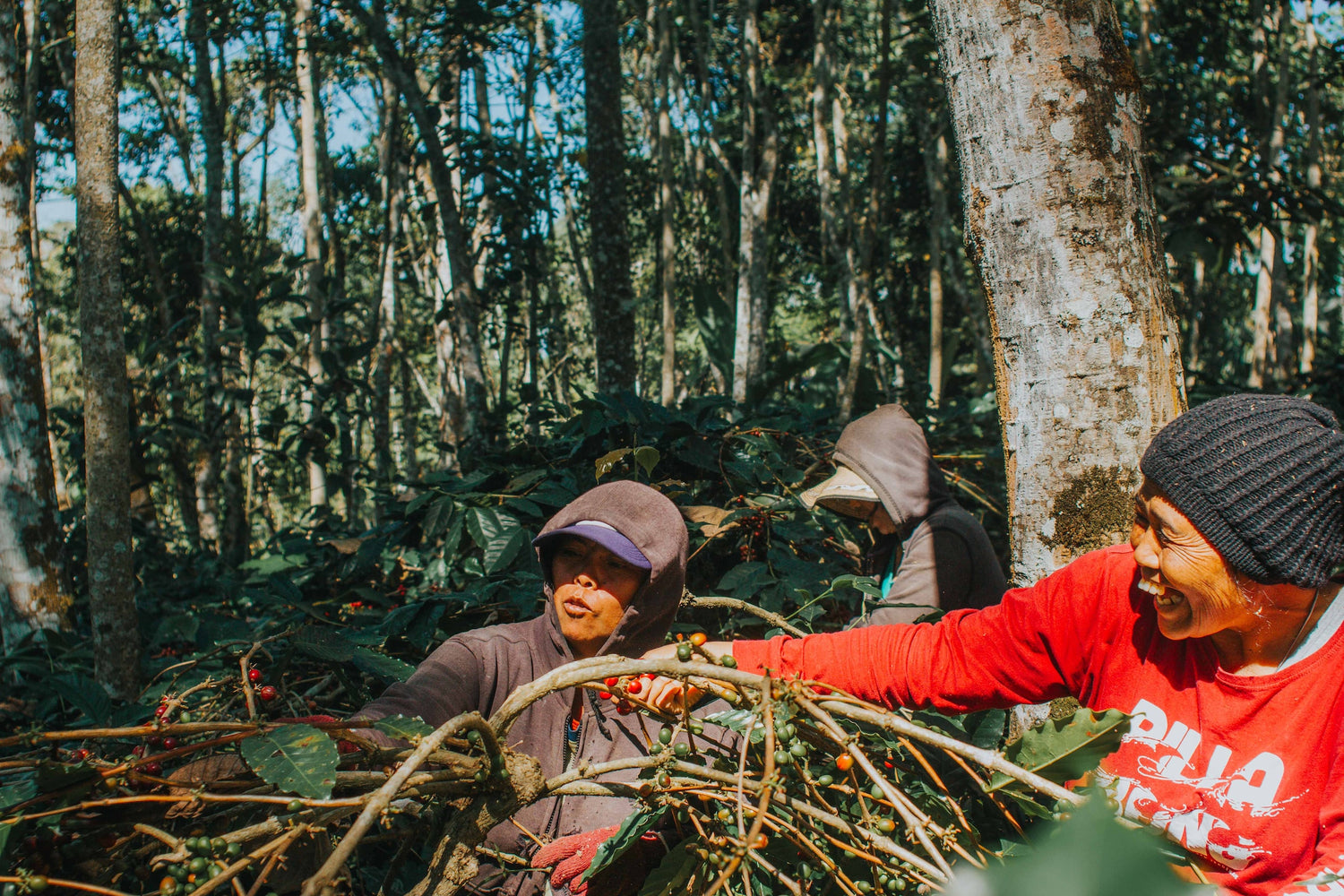
Social impact of direct trade and fair trade coffee
Fairtrade and direct trade go beyond just trading. Purchasing these products has been proven to have a positive impact on the lives of coffee farmers. Small farmers in particular often have a difficult time. The economic crisis has recently caused rising costs and small farmers are usually in a poor negotiating position with traders. Through living wages and respect for basic labor rights, Direct Trade and Fairtrade not only create financial stability, but also promote community development.
An example of this is supporting education and healthcare. Local projects lead to the construction of schools, the training of teachers and the establishment of health centers. Your daily coffee can therefore help to sustainably improve the lives of the families who grow it for you.
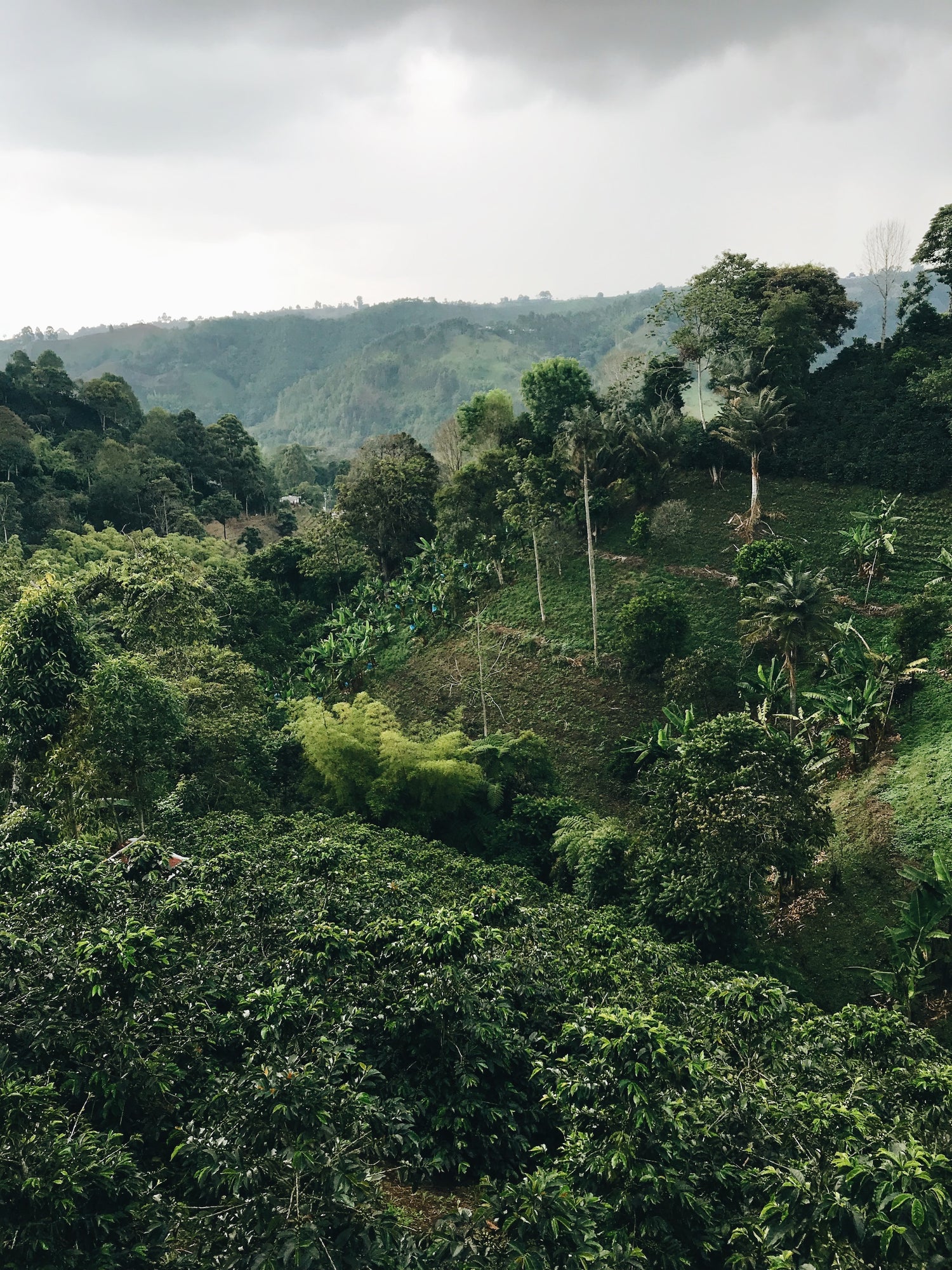
Environmental impact of direct trade and fair trade coffee
Growing coffee often involves the use of harmful chemicals, which not only pollute the environment but also endanger the health of the farmers. In addition to the social aspects, Fairtrade and Direct Trade are also increasingly committed to environmentally friendly farming methods. But not all Fairtrade and Direct Trade coffee is grown according to organic criteria. Only coffees with the organic seal guarantee that the coffee beans come from organic farming.
Companies that produce organic Fairtrade coffee guarantee sustainable production that keeps the soil fertile and promotes biodiversity and therefore receive an additional premium. If you would like to support this project, make sure when purchasing that your coffee has both the Fairtrade and the organic seal.
What should you pay attention to when buying Fairtrade coffee?
Are you convinced of the Fairtrade concept and want to take action? We'll show you how you should proceed now:
Identification of Fairtrade coffee in supermarkets
The next time you shop in the supermarket or online, pay attention to the Fairtrade seal. The symbol on the packaging not only signals quality, but above all social responsibility. Buying Fairtrade coffee is an easy way for you to actively contribute to a fairer world.
Purchase in specialized Fairtrade shops
Do you want to go one step further? Then look for specialized Fairtrade shops in your area. There you will find a wide selection of Fairtrade products, including Fairtrade coffee.
Supporting local fair trade initiatives
Local commitment is just as important as conscious consumption. Find out about local fair trade initiatives and actively support them. This could mean attending local events, becoming an actor in a Fairtrade community or simply informing friends and family about the benefits of Fairtrade. The more people get involved and buy Fairtrade coffee, the greater the positive impact.
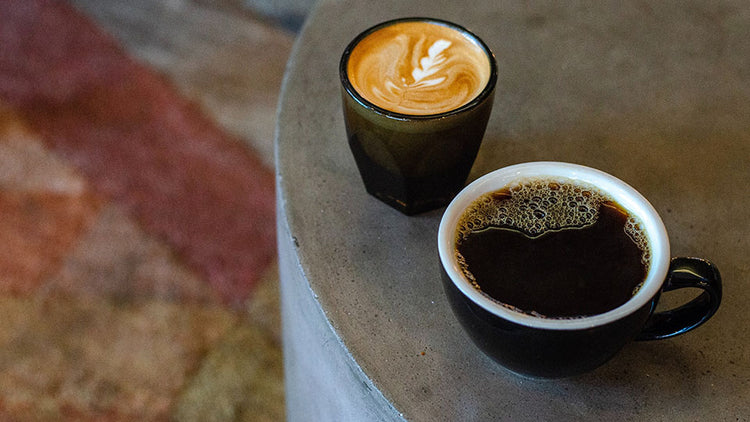
Buy direct trade and fair trade coffee at 60beans
If you want to support positive changes through your coffee consumption, you've come to the right place at 60beans. With every purchase from 60beans, you are making a conscious decision for fair working conditions and environmental protection. And in our large selection of over 300 specialty coffees you are sure to find your new favorite coffee(s)!
Criticism and controversy surrounding Fairtrade coffee
It would be dishonest to claim that Fairtrade does not receive criticism. A common discussion, for example, concerns limiting market access for non-certified farmers. In addition, the certification costs are simply too high for many farmers, meaning they have no opportunity to purchase the seal of quality. Critics argue that this could hinder competition. A constructive discussion of this criticism is important in order to continually improve the system.
While with Fairtrade the middlemen often benefit the most because they largely determine the pricing, this is excluded with the Direct Trade concept. With this model, everyone involved really benefits equally.
Despite these criticisms, the progress made through Fairtrade cannot be overlooked. Positive changes are evident not only at the individual level, but also at the company level. The growing awareness of social responsibility is helping Fairtrade become a global movement.
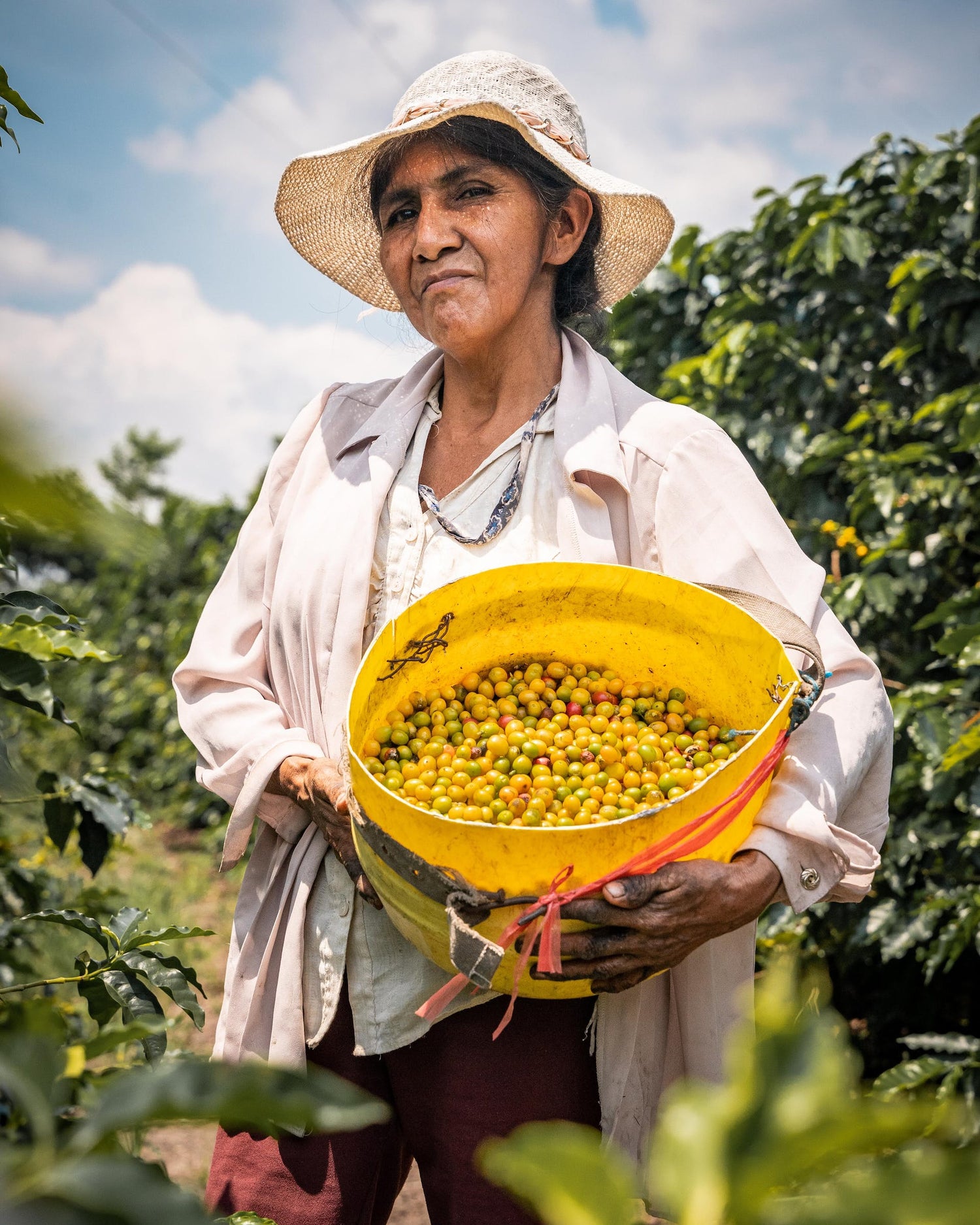
Future prospects for Fairtrade coffee
The future for Fairtrade coffee looks promising. With increasing consumer awareness and increased pressure on companies to act sustainably, Fairtrade could play an even more important role in the coffee sector in the future. By making conscious decisions and companies rethinking their practices, together we can create a more sustainable and equitable future.
Departure for a fairer world with Fairtrade coffee
Fairtrade coffee is a way to create positive change in the world. By making conscious choices and choosing Fairtrade coffee, you not only support coffee farmers in leading a better life, but also contribute to preserving our environment. So next time you treat yourself to a cup of coffee, remember: every sip can be not only a moment of enjoyment, but also a small contribution to a fairer world.
Browse through our coffee selection
-
Experimental & Complex Tasting Set Filter
(0)Kolumbien, Äthiopien, Indonesien- €68,90 / 4 x 250g
-
- €68,90 / 4 x 250g
- Unit price
- / per
- Translation missing: en.products.product.price.price_per_kg
- €68,90 / per kg | €1,10 per / Cup
New -
Floral & Light Tasting Set Filter
(0)Kenia, Kolumbien, El Salvador- €56,90 / 4 x 250g
-
- €56,90 / 4 x 250g
- Unit price
- / per
- Translation missing: en.products.product.price.price_per_kg
- €56,90 / per kg | €0,91 per / Cup
New -
Fruity & Lively Tasting Set Filter
(0)Costa Rica, Ethiopia, Kenya- €56,90 / 4 x 250g
-
- €56,90 / 4 x 250g
- Unit price
- / per
- Translation missing: en.products.product.price.price_per_kg
- €56,90 / per kg | €0,91 per / Cup
-
Nutty & Chocolaty Espresso Tasting Set
(0)Brazil, Colombia, El Salvador, Peru- €42,90 / 4 x 250g
-
- €42,90 / 4 x 250g
- Unit price
- / per
- Translation missing: en.products.product.price.price_per_kg
- €42,90 / per kg | €0,69 per / Cup
FAQ Fairtrade coffee
frequently asked Questions
What is Fairtrade coffee?
Fairtrade coffee is coffee that is grown and traded according to the standards of the Fairtrade label.
How does Fairtrade coffee differ from conventional coffee?
Fairtrade coffee guarantees fair wages, improved working conditions and environmental protection measures. In contrast, with traditional coffee there is often less transparency about the farmers' working conditions and environmental impacts.
What benefits does Fairtrade coffee have for farmers?
Fairtrade coffee ensures living wages for farmers, provides access to education and healthcare, promotes community development and supports environmentally friendly farming practices.
Where can I buy Fairtrade coffee?
Fairtrade coffee is available in many supermarkets, organic shops and specialist Fairtrade shops. Many online shops such as 60beans also offer a wide selection of Fairtrade coffee.
How do I recognize Fairtrade coffee?
Fairtrade coffee can be recognized by the Fairtrade seal that is affixed to the packaging. The green-blue seal guarantees compliance with Fairtrade standards.
Is Fairtrade coffee more expensive than regular coffee?
Fairtrade coffee can be slightly more expensive as the higher production costs must be covered by fair wages and environmentally friendly practices. However, many consumers are willing to pay this premium to support ethical consumption.
How does buying Fairtrade coffee contribute to sustainability?
Buying Fairtrade coffee contributes to sustainability by promoting fair working conditions, supporting environmental protection efforts and strengthening local communities. It is a conscious contribution to a fairer and more sustainable world.
More coffee knowledge
View all-
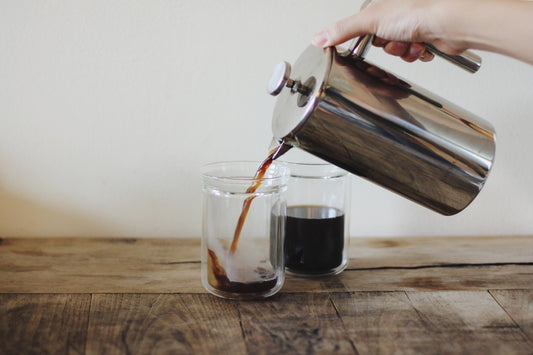
Cleaning a Coffee Pot: A Guide to Proper Care
Whether it's coarse dirt or light dirt - with our guide you'll be able to clean your coffee pot in no time. Also find out how you can avoid pollution...
Cleaning a Coffee Pot: A Guide to Proper Care
Whether it's coarse dirt or light dirt - with our guide you'll be able to clean your coffee pot in no time. Also find out how you can avoid pollution...
-
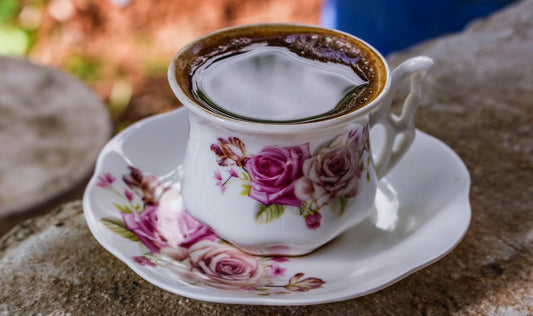
Flower coffee: what does the term mean?
Floral coffee? What should it be? If you have just asked yourself this question, you should read this article. Because perhaps you have already prepared it yourself unknowingly.
Flower coffee: what does the term mean?
Floral coffee? What should it be? If you have just asked yourself this question, you should read this article. Because perhaps you have already prepared it yourself unknowingly.
-
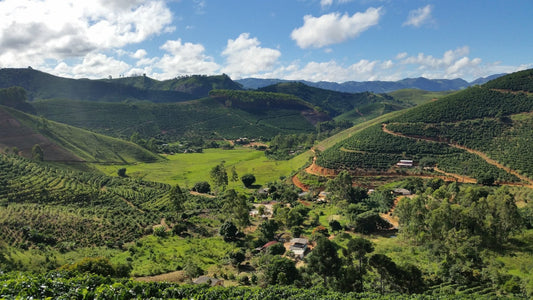
Growing Coffee: From Plant to Cup
Immerse yourself in the fascinating world of growing coffee! In this article, you'll learn how coffee grows, what techniques are needed to harvest perfect coffee beans, and what developments are...
Growing Coffee: From Plant to Cup
Immerse yourself in the fascinating world of growing coffee! In this article, you'll learn how coffee grows, what techniques are needed to harvest perfect coffee beans, and what developments are...

